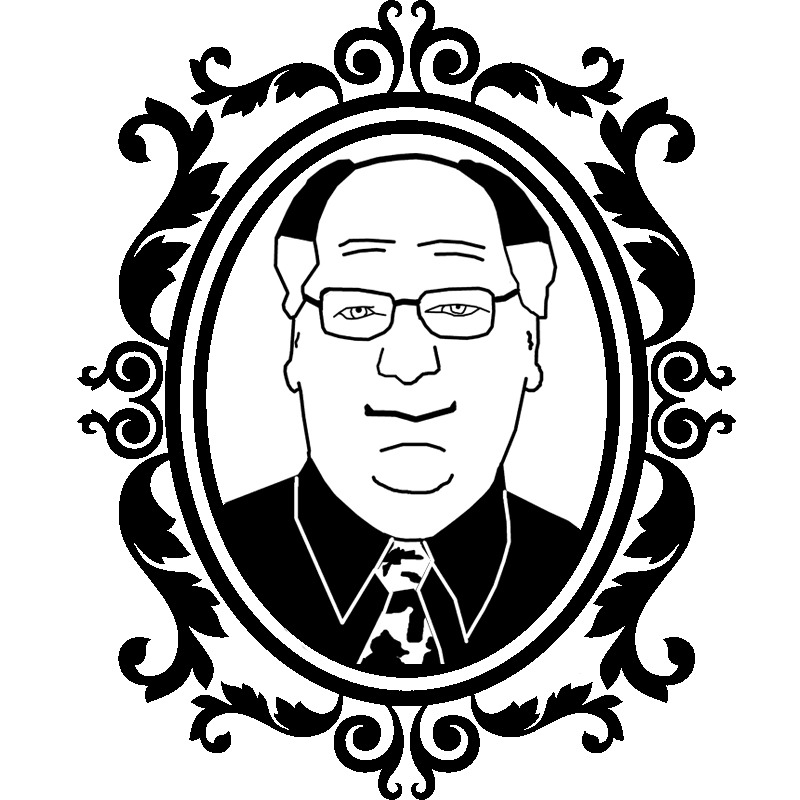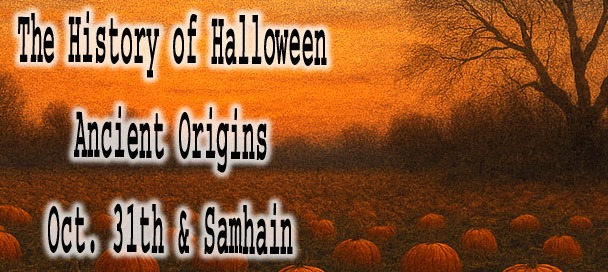🎬 Ida Lupino: The Fearless Trailblazer Who Directed Hollywood Her Way

Ida Lupino Actress, Women Director & Hollywood Trailblazer
🎬 Ida Lupino (1918–1995) was more than just a Hollywood actress—she was a pioneering director, screenwriter, and producer in an era when women were rarely allowed behind the camera. Known for her fierce intelligence and quiet strength, she became one of the first women to direct major films in Hollywood, often tackling controversial subjects long before the industry was ready to face them. She worked with legends, defied studios, and carved out a space that didn’t exist before she arrived.
Ida Lupino rose from acting royalty to become one of Hollywood’s rare female powerhouses—writing, producing, and directing films at a time when women were squeezed out behind the camera. From her early roles opposite Bogart in They Drive by Night and High Sierra to directing taboo-breaking dramas like The Hitch-Hiker, she quietly reshaped studio control. She also directed episodes of The Twilight Zone, Have Gun Will Travel, and Gilligan’s Island, proving her authority across TV genres. Her persistence opened the director’s chair for women who followed.
Born February 4th, 1918, in London, England, Ida came from a theatrical family—the Lupinos had been performers for centuries. Trained at the Royal Academy of Dramatic Art, she moved to Hollywood in the 1930s and quickly gained attention for her striking looks and serious acting chops. But it wasn’t long before she began questioning the kinds of roles she was being offered and dreaming of more control over the stories being told.
Ida Lupino rose to fame in the late 1930s and 1940s with performances in films like They Drive by Night (1940) opposite George Raft and Humphrey Bogart, and High Sierra (1941), again with Bogart. Her ability to bring a sense of realism and inner life to her characters set her apart from other leading ladies of the era. But just as her acting career was peaking, she quietly began studying directing—and changing Hollywood from the inside.
Ida Lupino refused to stay boxed in as an actress—she carved her own creative path by stepping behind the camera, forging a career of independence and fierce storytelling in a male-dominated industry.
👶 Early Life
Ida Lupino was born into show business—literally. Her family, part of the legendary Lupino acting dynasty, had been performing since the 17th century. Her father, Stanley Lupino, was a popular music hall comedian and actor, while her mother, Connie Emerald, was a stage actress. Growing up in London, Ida was surrounded by scripts, rehearsals, and the constant energy of performance. It wasn’t just encouraged—it was expected.
She was a precocious child, writing her first play at age seven and landing a scholarship to the Royal Academy of Dramatic Art by age 13. Though she initially studied to become a stage actress, she quickly shifted focus to film when she was discovered by a Paramount Pictures talent scout visiting London. She was signed to a contract and moved to Hollywood in the early 1930s, just as the film industry was entering its golden age.
At only 15, she was appearing in films like Her First Affaire (1932), already showing a maturity and emotional range that set her apart from other ingénues of the time. But even then, Ida Lupino was known for challenging directors and questioning motivations—traits that hinted at the filmmaker she would one day become.
Lupino not only starred opposite Bogart in High Sierra, she quietly began her directing journey behind the scenes while still at the peak of her acting career.
🎥 Acting Career
They Drive By Night (1940) - Ida Lupino with George Raft and Alan Hale
By the late 1930s, Ida Lupino had emerged as one of Warner Bros.' most compelling dramatic actresses. She earned critical praise for her performance in They Drive by Night (1940), holding her own opposite George Raft and Humphrey Bogart. She re-teamed with Bogart in High Sierra (1941), playing a hardened yet sympathetic character—a role that solidified her image as Hollywood’s “queen of film noir.” She wasn't the typical glamorous starlet—Lupino brought edge, intelligence, and emotional depth to every role. She even guest-starred on the Batman TV show with Adam West, playing the villainous Dr. Cassandra—one of the few female masterminds to take on the Caped Crusader.
Throughout the 1940s, she became known for her work in moody dramas and thrillers like The Sea Wolf (1941), Moontide (1942), and Road House (1948) with Richard Widmark and Cornel Wilde. Ida Lupino had a remarkable ability to play both victim and survivor—resilient women trapped in morally complex situations. She was often compared to Bette Davis for her intensity, though Lupino had a more understated, naturalistic style.
Explore the Biographies of Iconic Celebrities
📺 Film and Television Directing
But by the late '40s, Ida Lupino was growing increasingly disillusioned with the roles she was offered. Rather than sit idle, she did the unthinkable: she stepped behind the camera. With her husband Collier Young, she formed The Filmakers, an independent production company that allowed her to direct and co-write movies dealing with taboo topics—rape, out-of-wedlock pregnancy, polio, and juvenile delinquency. Her directorial debut came (uncredited) when she took over Not Wanted (1949) after director Elmer Clifton fell ill. She then officially directed Never Fear (1950), followed by the acclaimed The Hitch-Hiker (1953)—the first American film noir directed by a woman.
Her transition to television directing in the 1950s and ’60s was equally pioneering. Ida Lupino directed episodes of major series like Have Gun Will Travel, The Twilight Zone, Alfred Hitchcock Presents, Gilligan’s Island, and The Donna Reed Show—a remarkable feat in an era when very few women worked behind the camera in TV. She was known for her fast, efficient directing style and was highly respected by crews and actors alike. On the set of Have Gun Will Travel, she directed Richard Boone with the same quiet authority she once used to match Humphrey Bogart scene for scene.
💌 Personal Life
Ida Lupino’s off-screen life was just as independent and unconventional as her career. She was married three times, most notably to Collier Young, a screenwriter and producer who collaborated with her on several films. Their creative partnership outlasted their marriage, a rare dynamic in Hollywood. Later, she married actor Howard Duff in 1951, and the two became one of TV’s early power couples, co-starring in the sitcom Mr. Adams and Eve (1957–58), which playfully mirrored their real-life relationship. They had one daughter together, Bridget Duff.
Despite her tough image, Ida Lupino was deeply private and introspective. She didn’t drink, rarely attended parties, and preferred writing or relaxing at home to the typical Hollywood scene. She often spoke of feeling like an outsider in the industry—not only as a woman in a male-dominated field, but also as someone who resisted fame in favor of meaningful work. Her greatest joy came not from red carpets, but from crafting stories that challenged audiences.
In her later years, Lupino struggled with health issues and was diagnosed with colon cancer, which contributed to her gradual retreat from public life. Her marriage to Duff ended in divorce, and her final screen appearance came in the 1977 film My Boys Are Good Boys. Still, she remained a revered figure, known to younger filmmakers and TV producers as the woman who opened doors that had once been bolted shut.
🏆 Legacy
Ida Lupino’s legacy is monumental—not just as an actress, but as one of the first women in Hollywood to write, produce, and direct her own films. In a time when the studio system boxed women into tight roles—onscreen and off—she broke out, crafting stories about real people facing real challenges. Her work tackled subjects like rape (Outrage, 1950), disability (Never Fear), and domestic tension (The Bigamist, 1953) with a subtlety and honesty that was far ahead of its time.
She directed eight feature films and over 100 television episodes, opening a path that later directors like Elaine May, Penny Marshall, and Kathryn Bigelow would follow. She once said, “I’d rather direct one good picture than act in ten bad ones,” and she meant it. Her artistic vision always came first.
Though her name isn’t always listed alongside the studio-era greats, she’s revered by film historians, feminist scholars, and directors who understand the barriers she shattered. In 1997, two years after her death, she was posthumously awarded the Directors Guild of America’s Honorary Life Membership Award, a fitting tribute to her trailblazing contributions.
Ida Lupino didn’t just survive in Hollywood—she rewrote the script. And in doing so, she made space for generations of storytellers to come.
🗣️ Why They Still Matter
Ida Lupino’s legacy isn’t just in her films—it’s in the doorway she pried open. She proved women could direct, produce, and tell gritty truths, laying groundwork for filmmakers like Penny Marshall and Kathryn Bigelow who followed.
For a comprehensive overview of her contributions to cinema, learn more about Ida Lupino's groundbreaking career.
Further Reading & Resources
📖 Read: Ida Lupino: A Biography
📖 Read: Ida Lupino, Forgotten Auteur: From Film Noir to the Director's Chair

ML Lamp is the owner of Kilroy Was Here. After his 20 years of working in Las Vegas in the entertainment promotions field, Mr. Lamp retired in 2002 from his job to pursue his passion for collectibles. Now as a guest speaker and author he’s living the dream, and sharing his warmth with You.






